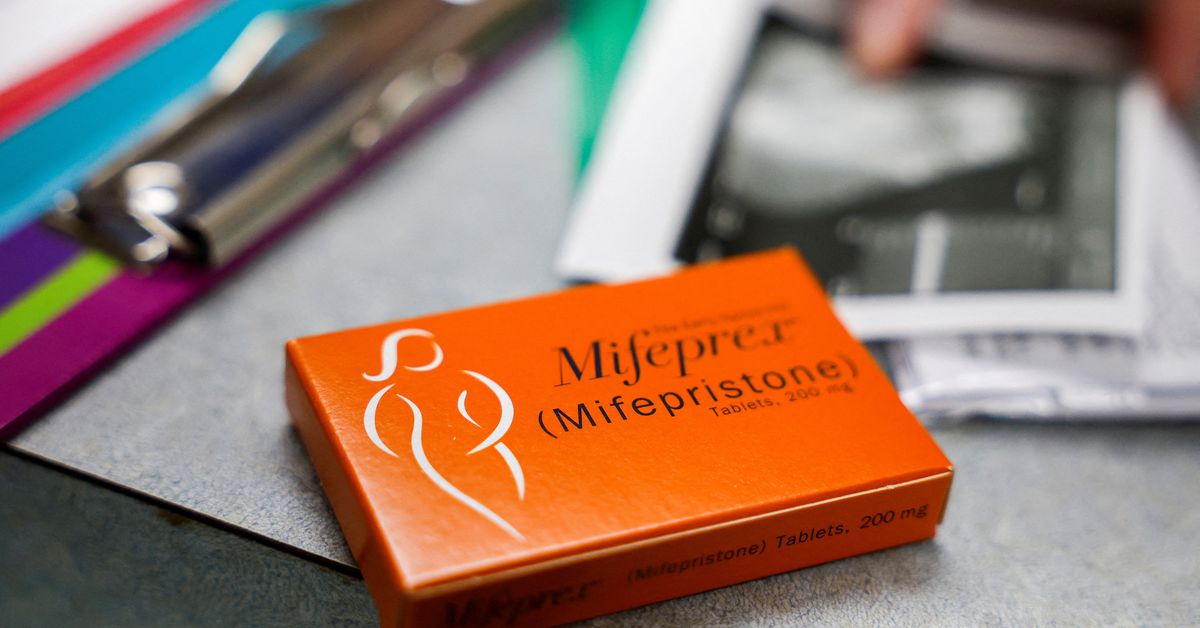U.S. District Judge Daniel Domenico said in an opinion on Saturday that a Colorado law banning so-called medication abortion reversal treatment likely violates the U.S. Constitution’s guarantee of religious freedom. His order stops the state from enforcing the law against Bella Health and Wellness, which sued to block it, or against anyone else working with Bella Health, while he considers the medical center’s challenge to the law.
The office of Colorado Attorney General Phil Weiser, which defended the law, declined to comment.
Medication abortion begins with the drug mifepristone, which blocks the action of the hormone progesterone, crucial for sustaining pregnancy, and is completed with a second drug, misoprostol. Proponents of the so-called medication abortion reversal say that if a woman changes her mind after taking mifepristone but before taking misoprostol, the pregnancy can be continued by administering a high dose of progesterone.
There are no large controlled studies of the treatment, and the American College of Obstetricians and Gynecologists has said that its safety and efficacy are unsupported by science.



One wonders, how many people have asked for this treatment? I’m guessing it’s not super common, and quite possibly the lawsuit is wishful thinking.
Once this reversal thing is a thing the next phase is to demand counseling appoinments be held in between pills.
And before.
Yeah.
The first time someone has an adverse reaction, it’s over. The medical community is protected by the fact that things are heavily tested and regulated. If you have a complication related to a treatment, it will be a known risk. When you give someone snake oil and they die from it, you’re done.
I was asking how frequently people want to reverse abortions in the first place, not how safe it was.
(Which, it’d safety would be impossible to test ethically. “Well we’re going to give you the first part of an abortion pill and then try to reverse it… your baby should be fine” )
Gotcha. It Is a strange thing to want.
I assume the few legitimate reversals are derived more from family/friends finding out and being shamed for not wanting a baby. If that ever happens at all.
24-48 hours isn’t a lot of time for things to suddenly get better, but I suppose it is possible. That said, this wouldn’t be the first time lawsuits have been brought because people”might” be affected